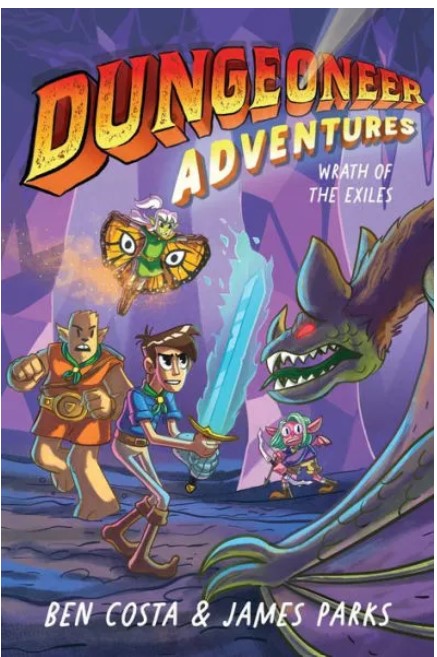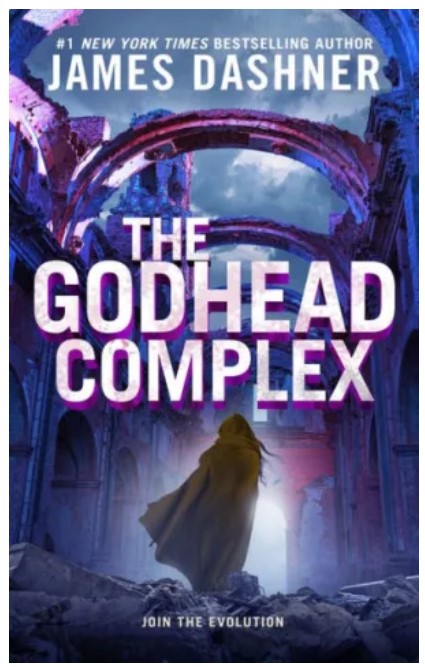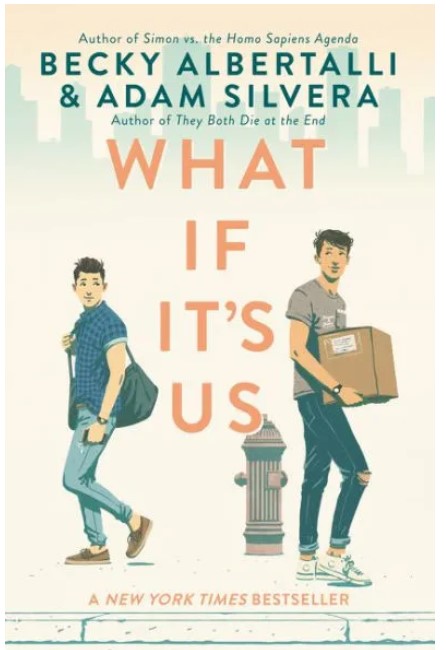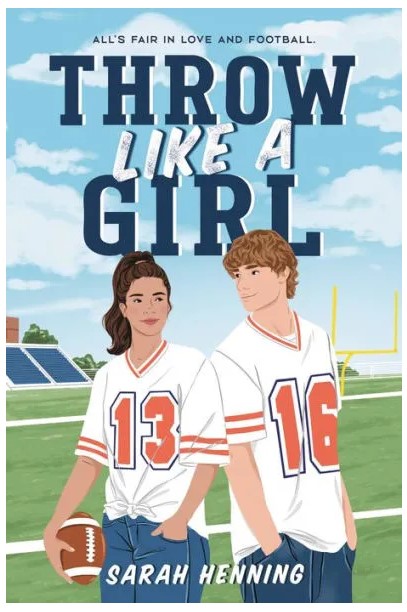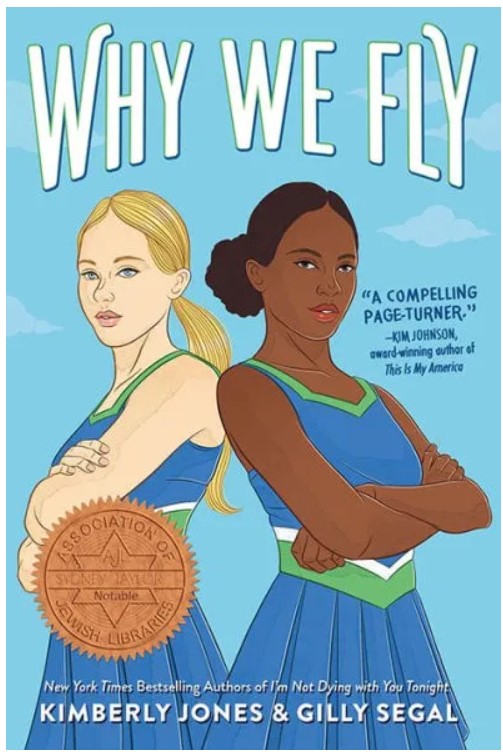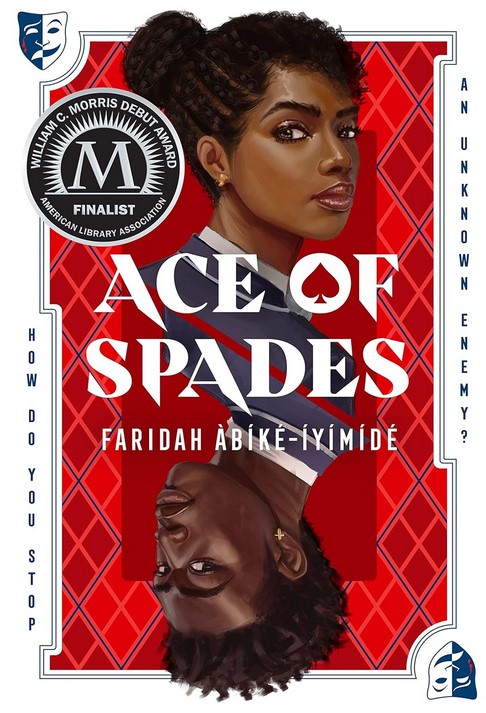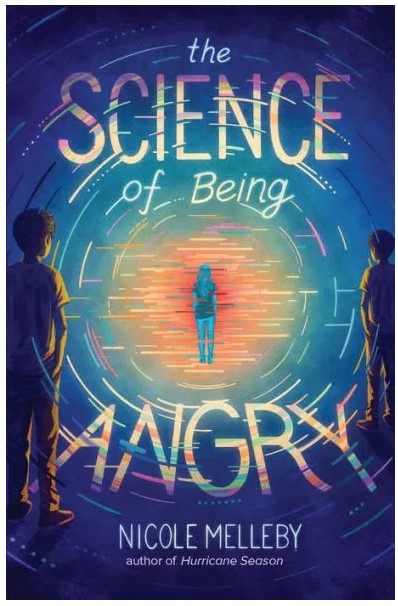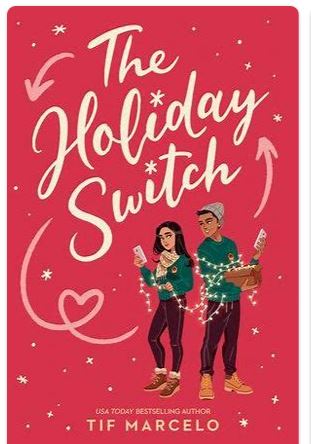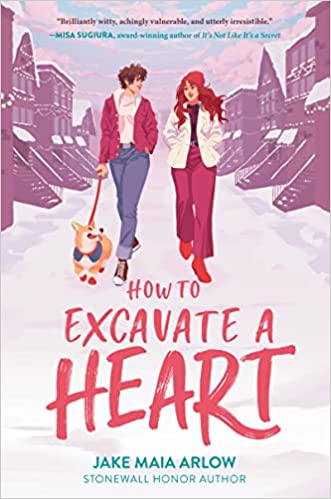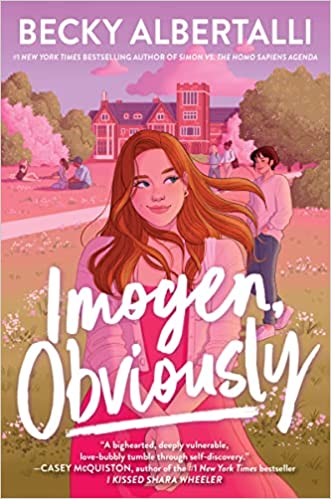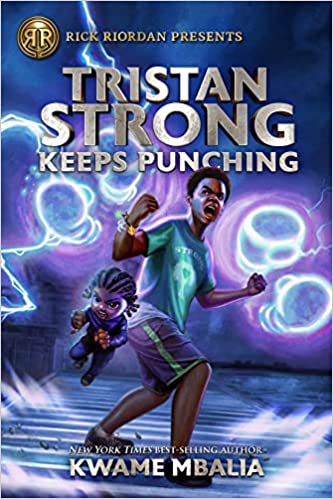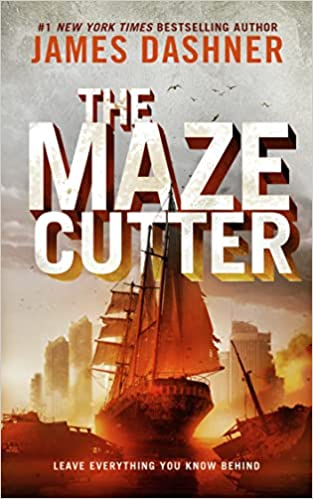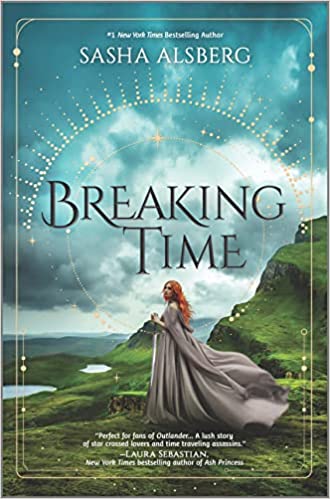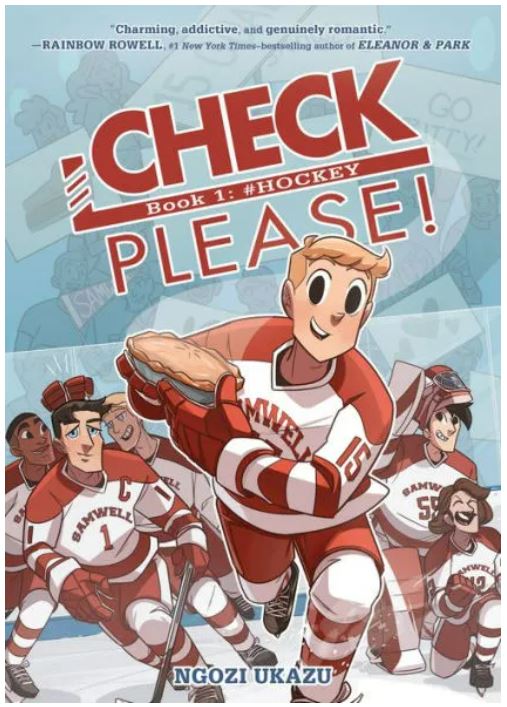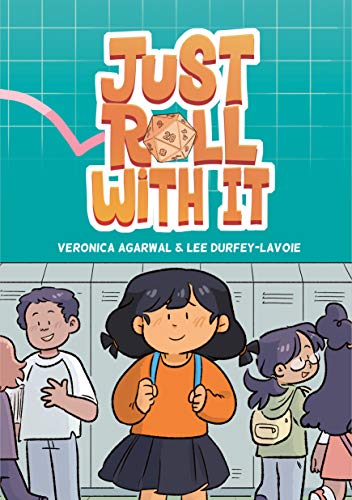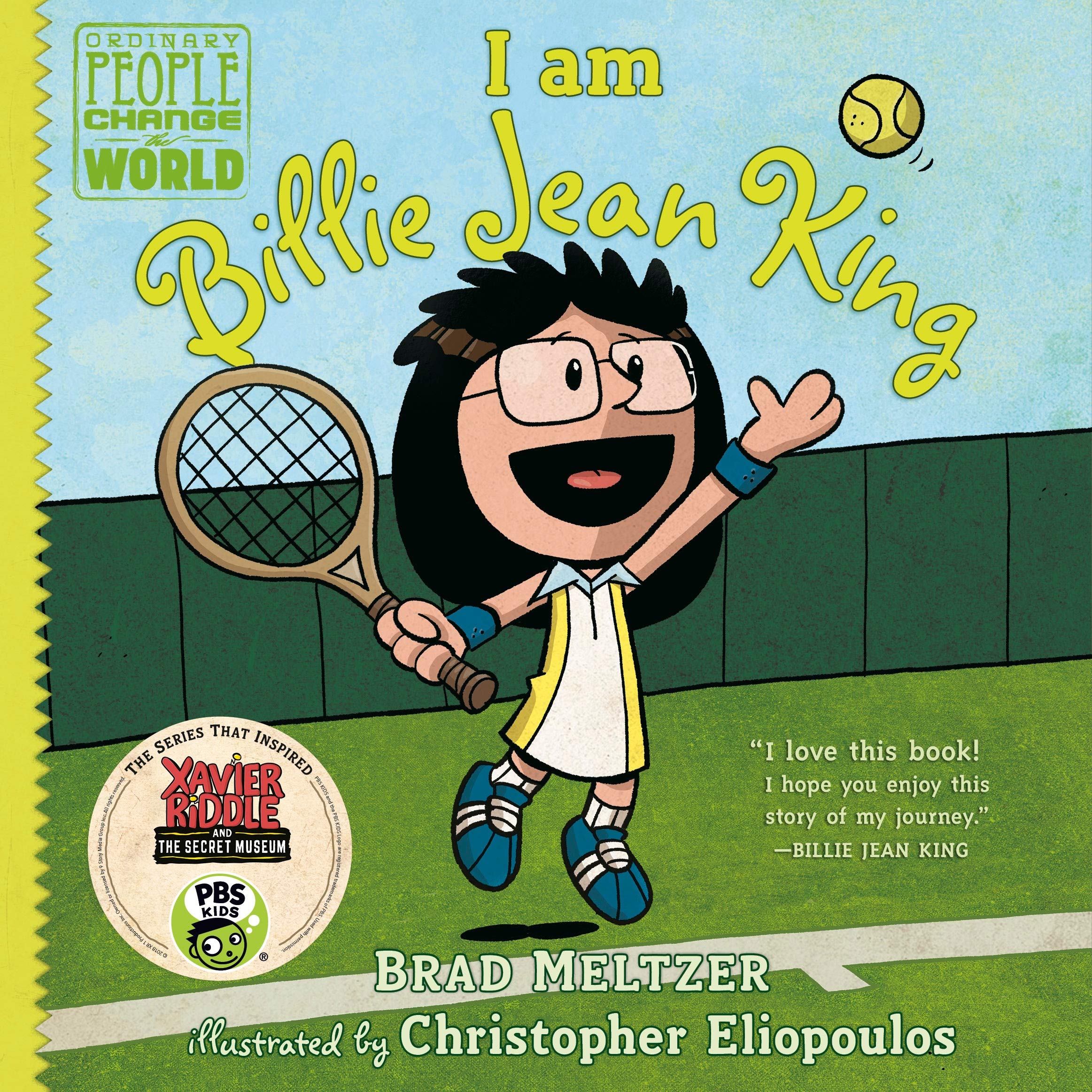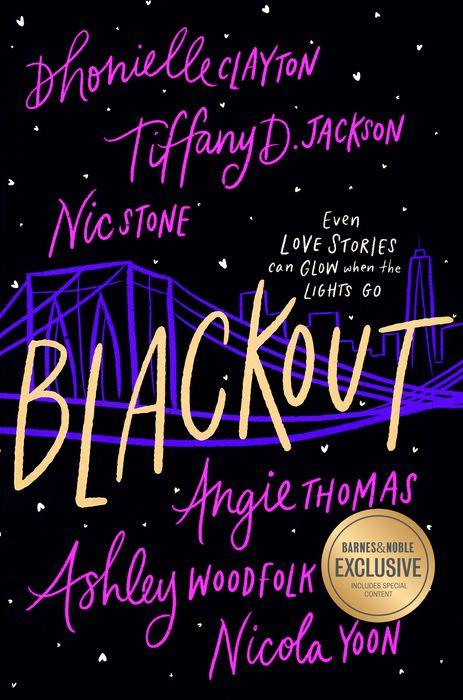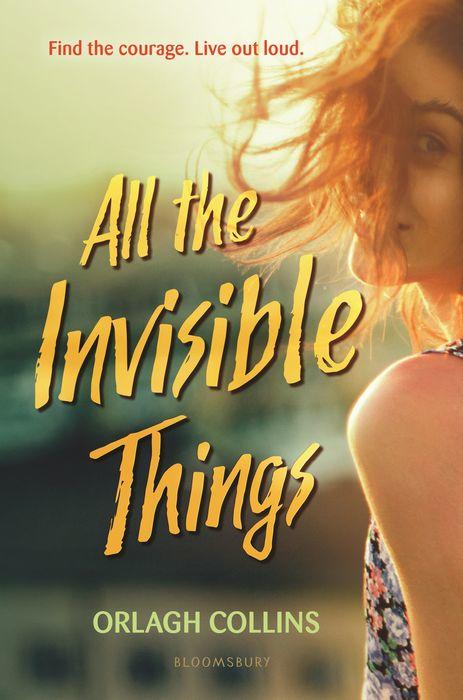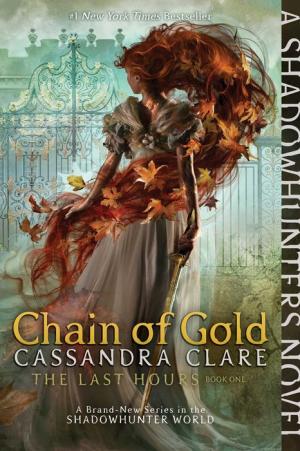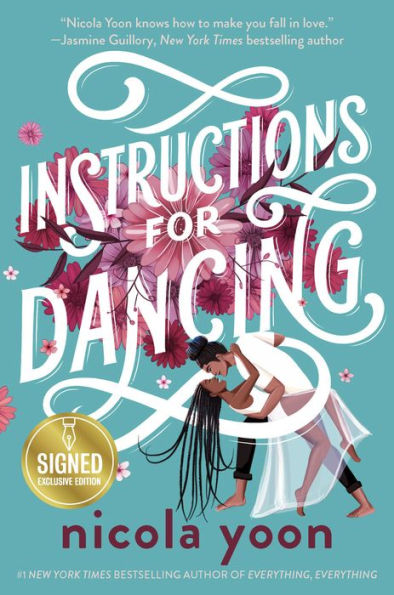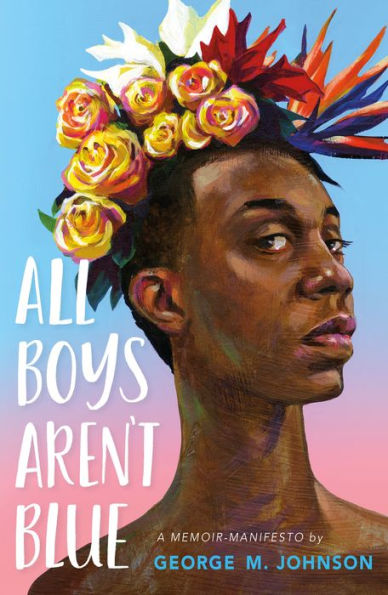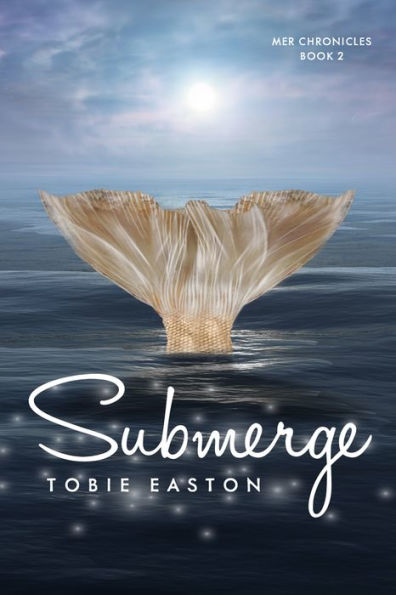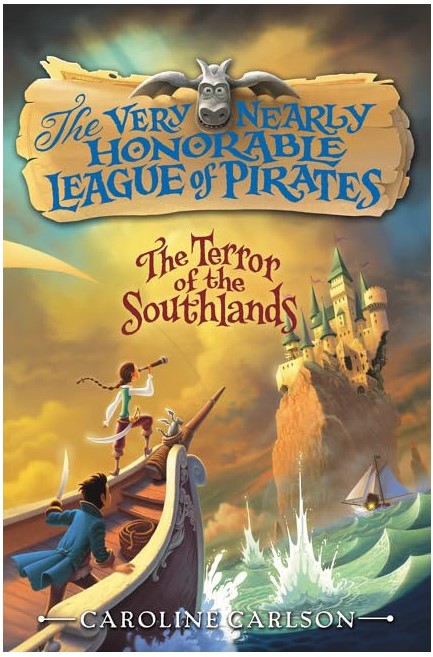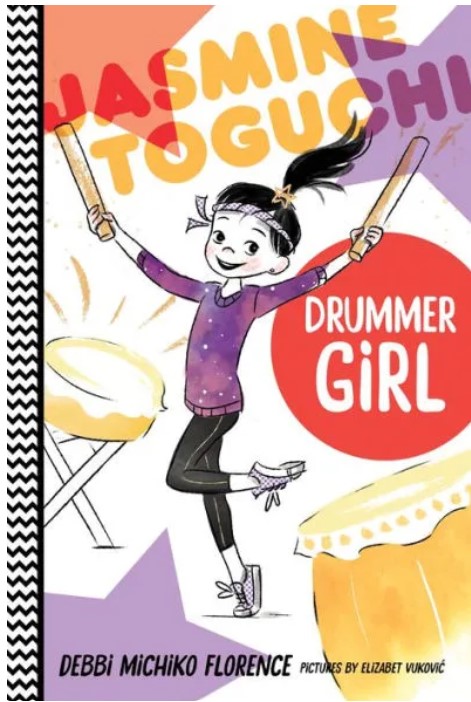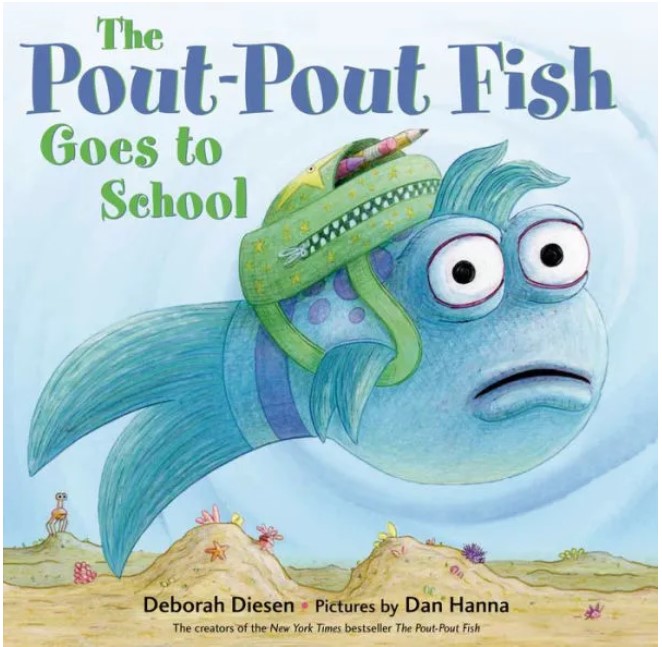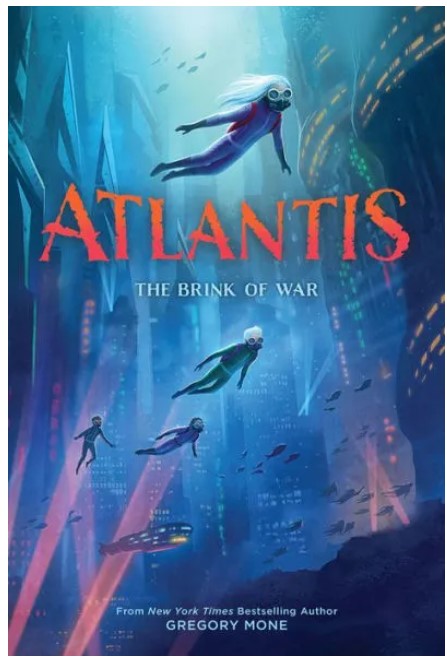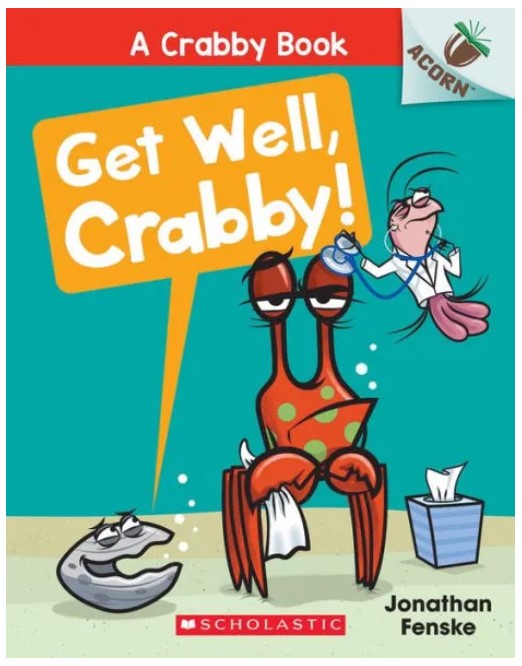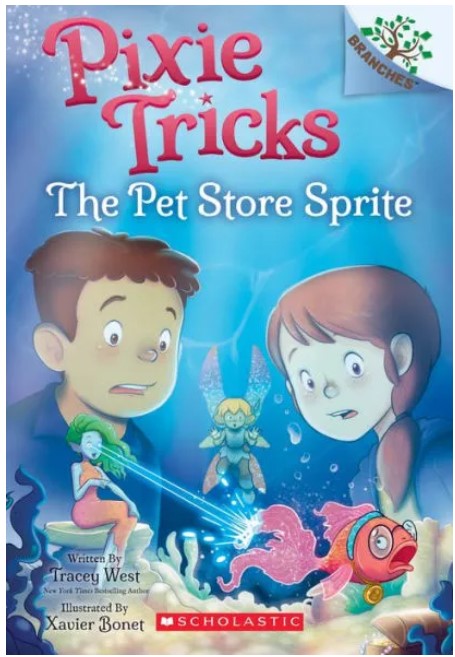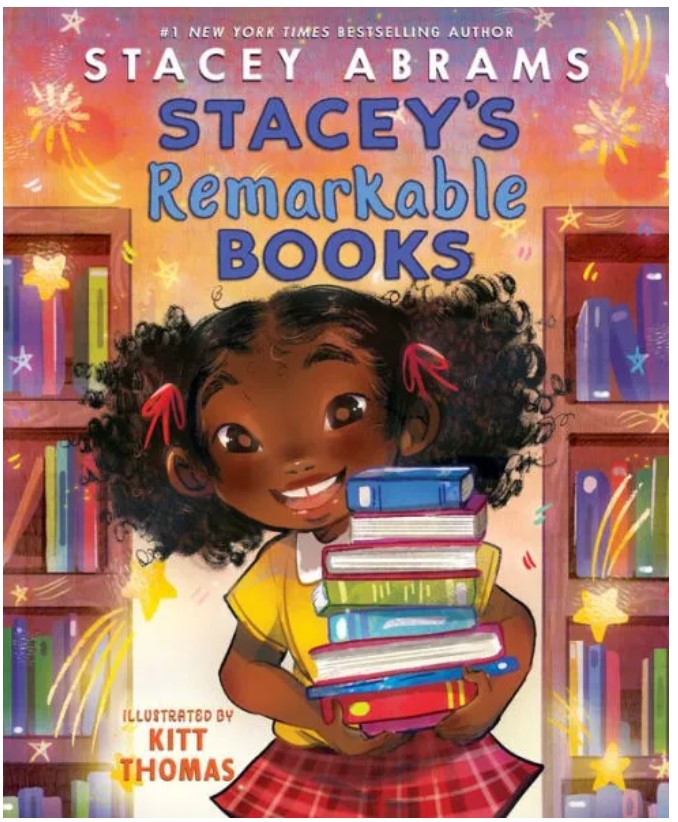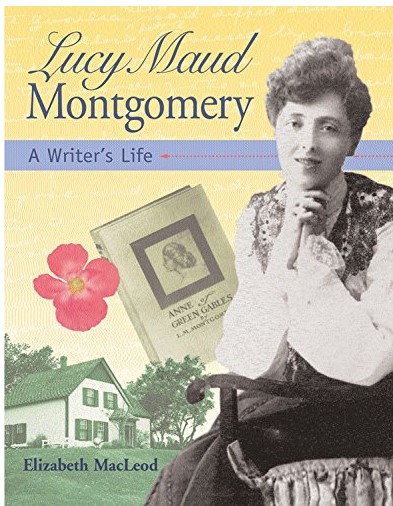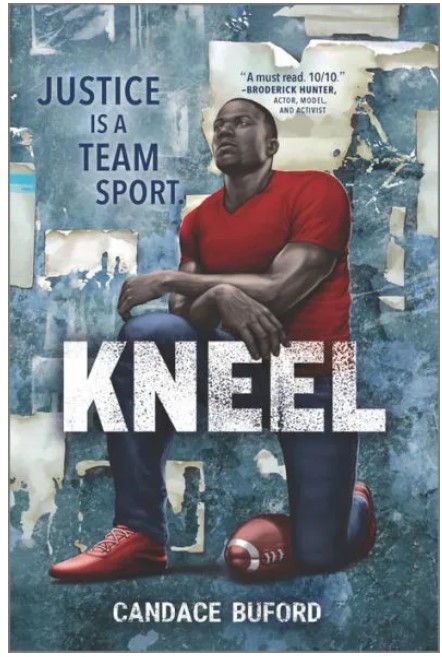Coop Cooperson thought he was settling into life as the only human at Dungeoneer Academy, but no one will even remember his Mushroom Maze victory if he keeps failing Riddles and Runes class. Adding insult to injury is the new kid, Kody, who everyone—including Coop’s best friends on the Green Team—thinks is so great…but Coop is convinced there’s more to Kody than meets the eye.
But it’s not just the arrival of Kody; other things seem off at the Academy. After a serious incident at the school dance, Coop, Oggie, Daz, and Mindy, plus a few other students new and old, realize they must step up to try and stop whoever’s wreaking havoc. But the villains are even more dangerous than anyone realizes . . . and they have a serious vendetta against Dungeoneer Academy.
Coop and his friends put their best junior dungeoneer skills to the test, but their foes are always one step ahead. Can they figure out how to stop them and save Dungeoneer Academy before it’s too late?
The second installment of the Dungeoneer Adventures will quickly capture readers’ attention with a new twist—Coop wants to ask Daz to the homecoming dance, but the task seems more difficult than facing monsters. Mixed into the story is a little jealousy when the new kid, Kody, dominates Daz’s and Oggie’s attention. Middle school readers will relate to Coop’s insecurities and conflicts, which are presented humorously.
Despite the drama of the homecoming dance, the action never takes a break. Soon, Coop and his friends—the Green Team—are off on a wild adventure trying to stop the villain, Rake, from acquiring a piece of the wishing stone. As the friends travel into an icy abyss, they meet a robot named Victor Seven. The robot wants to be a hero; this thread allows the book to explore the theme of heroism. In the end, Victor learns that “Being a hero isn’t about never failing. It is about always trying.”
Wrath of the Exiles’ rich language adds to the story’s fun tone. The book is wonderful to read aloud because it’s filled with alliteration, onomatopoeias, silly names, and made-up words. However, some readers will struggle with the liberal use of idioms such as knock you down a peg, a walk in the park, etc. In addition, the story uses difficult vocabulary such as cacophonous, surmises, perpetual, precipitous, extrapolate, and gobsmacked. Despite this, there are context clues that will assist readers in understanding the story. The story’s black-and-white illustrations also help readers understand the text and visualize the imaginative world. The Dungeoneers Adventures Series must be read in order because each book builds on the same story thread.
While Wrath of the Exiles has many of the stereotypical characters—a bully, an evil villain, a bookworm, an awkward boy, etc.—each character has unique qualities that make them loveable and, at times, surprising. The magical world, fast-paced battle scenes, and fight against evil make Wrath of the Exiles hard to put down. The story’s message about friendship, trust, and listening gives the story heart. The Dungeoneer Adventures books will have readers laughing out loud one moment, and biting their nails the next. Additionally, the conclusion reinforces important lessons about friendship that will leave readers with a smile as they reach for the next book in the series.
Sexual Content
- After Coop shows Daz his support, she “gives me a peck on the cheek. My brain short-circuits for a second, and I suddenly feel like doing somersaults.”
Violence
- Zeek, the school bully, purposely trips Coop in the cafeteria. Afterward, Coop describes, “I stand up amidst the crowd, dripping with slime, and as I stumble out of the cafeteria, their scolding turns into laughing. Needless to say, it doesn’t feel so good.”
- At the homecoming dance, someone puts a potion into the punch and it turns everyone into stone.
- While trying to figure out who turned everyone into stone, Coop and his friends go into the school’s vaults and discover a “mechanical behemoth” which is “a sputter-guardian. . . the newest sputter-spark technology that the realm of Shyrm has to offer.” The sputter-guardian attacks Coop. “A barrage of arrows peppers the ground behind my feet as I hop, skip, and jump out of the way. The machine lurches after me.”
- Oggie jumps into the fight and “the sputter-guardian spins like a top, striking out with limbs, like each has a mind of its own. One swats Oggie, and he goes crashing into the stone slab that Ingrid’s hiding behind. With a swift tug, she pulls him clear of another blow.” Ingrid is another member of the Green Team.
- The sputter-guardian tries to zap the kids with a laser blast. Coop attacks with his sword. “With a clamorous BOOM the sputter-guardian falls to the ground, missing a leg. . . Angerly its red eye heats up and starts rapid-firing in all directions.” Daz pushes Coop out of the way and “with both of her daggers drawn, she dives spectacularly for the glowing eye and shatters it.” The battle is described over six pages. No one is injured.
- As Coop and his friends enter further into the vault, they find Zeek and his friend Axel trying to steal an answer key. Then, Coop explains, “I dive as a wrecking ball swooshes past me, tousling my hair. Then a bunch of buzz saws spring at me from the floor and walls.” Daz pushes Coop out of the way.
- Axel “tries to avoid a whizzing buzz saw, a wrecking ball clips him from behind and he tumbles to the ground. Zeek scrambles like a cockroach to save himself.” Oggie saves Axel. No one is injured.
- A group of students jump into “a black vortex,” which is a portal to the underworld. When they come out of the other side, an exile, Dorian Rider, puts them in chains.
- Coop goes after Dorian Rider and another exile. Before he can attack, “everything turns dark as I crumble to the floor. What just happened? The last thing I see is Zeek standing over me with a wooden club in his hand.”
- Coop and the Green Team run from a “mutant troggle” that is a “sentient ape” that has been “lobotomized. Turned into a machine.” Coop explains, “With alarming speed, the monster’s giant axe-hand swipes towards me . . . . All I can do is duck and wince. But when I look up, I see the force field from Mindy’s ring repel the attack.”
- The ape grabs Oggie and starts to squeeze him. Oggie yells, “You’ll have to do better than that, banana breath!” The angry ape “flings Oggie at the wall, where he clatters into a rack of weapons. . . Oggie looks up in fright as the mutant troggle raises its cruel axe. . .”
- In an attempt to stop the ape, the Green Team lets a nether bharg loose, but unfortunately it goes after them. “The nether bharg’s jaws are mere inches away from gnashing at us when Daz steps forward, raising her arms, revealing the strange eye patterns on her cloak. . . the nether bharg freezes in its track, recoiling in fear.” The Green Team escapes. The scene is described over five pages.
- The Green Team enters a tomb and faces a group of ghosts who “are her loyal servants. . . even in death.” A ghost asks the group what they wish for and Oggie thinks about food. An avalanche of food begins to fall. Daz is “pelted with a carton of Nork’s Noodles. . . Mindy shouts as she uses her magic ring to conjure a force field above us like an umbrella. A giant tube steak falls like a wiggly tree trunk and bounces off the shield.”
- When the kids are about to be smothered in food, their robot friend Victor “leaps clear of a titanic cupcake, carrying Daz, Mindy, and Ingrid over his shoulders.” Victor forces the door open and everyone gets out except for him.
- In a multi-chapter battle, Coop and his friends battle for their lives. As the Green Team enters the next level of the maze, the exiles surround them. “In seconds, their weapons are pointed at us from all sides. . . The exiles waste no time and charge us, weapons drawn and magic items humming to maximum power. [Coop] fall[s] back, barely avoiding a swipe from Kodar’s [an exile] axe.”
- During the fight, “Mindy shouts, firing bolts into the hanging icicles. A few razor-sharp shards of ice crash down to the floor, keeping Kodar and the others at bay.”
- Coop is caught when Dorian’s “grappling gun entangles me. The squeeze is so strong that I can’t move my arms. . .”
- The leader of the exiles, Rake, goes after Oggie. Rake “strikes Oggie so hard with his augmented arm that the blow sends my friend sprawling. Oggie slams against a gagged stone, magic armor crumpling.” Someone gives Oggie a Courage Potion and he wakes up.
- A trap is set off unleashing “Audrastica’s ice golems” that attack the exiles. Then a huge “behemoth” ice golem appears, but Victor runs to the rescue.
Drugs and Alcohol
- Coop and his class are learning how to make a courage potion that includes “doohagenberry plant,” which has extraordinary healing properties.
Language
- There is often name calling such as jerk, goon, turncoat, loser, and scumbag.
- Kodar mocks Coop by calling him little guy.
- Heck and dang are both used several times.
- Zeek overhears Oggie (who has fur) talking about asking a girl to the homecoming dance. Zeek scoffs and says, “She’d never go to the dance with an overgrown hairball like you!” Oggie’s friend jumps in and says, “Oh yeah, and who would ever want to go to a dance with a couple of puke-breath bullies like you two.”
- Zeek calls Coop “Pooperson.”
- While learning about a famous dungeoneer, Shane Shandar, Coop thinks, “I, Coop Cooperson, Junior Dungeoneer, am going to the same school as Shane flippin’ Shadar.”
- Zeek accuses the new girl of being an evil witch.
- “Holy cats” is used as an exclamation twice.
Supernatural
- The dungeoneers must take a Riddles and Runes class. Their teacher explains that, “Runes are magic. Specifically, magic words, or strings of words. And they have many complete meanings pertaining to spells, enchantments, or curses.”
- Someone steals the Arkimunda Coagudex, a book of spells, from the library. “Supposedly the Arkimunda Coagudex was written by a powerful sorcerer hundreds of years ago. . . It is full of recipes to create things like curse potions, corrosive acids, and dangerous poisons.” The book also has “hexes, boons, enchantments, and curses.”
- Ingrid, uses the Arkimunda Coagudex to make a Campfire Potion. She says, “We can grind up frostfoil and mix it with melding powder and water to create a potion that wards off the cold.”
- Kodar, who is an exile, uses an amulet of focused “trasnsmogrification” to disguise his identity.
Spiritual Content
- None
